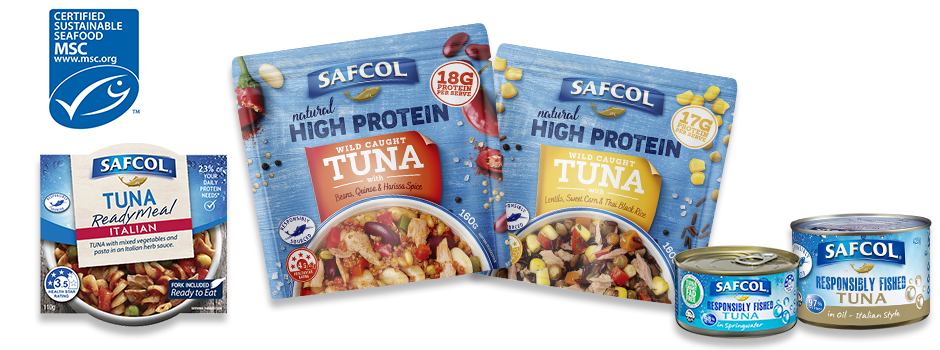by Ashleigh Feltham
Accredited Practising Dietitian and Accredited Nutritionist
There is no doubt that what you eat influences your mood and mental health. Research has progressed from diet playing a potential role in mental health, to diet being a strong cause of mental wellness or illness. The evidence of the interaction between your gut and your mental health is growing at an ever-increasing rate. The food you eat can both, directly and indirectly, influence your mood.
Food directly influences your mood by how rapidly it influences your blood sugars. What you eat directly influences the release of the fullness hormone called leptin and feel-good hormones like dopamine and serotonin. The feeling of a sugar crash occurs when you don’t eat foods that give you adequate sustained energy, and this can influence your mood. Food can indirectly affect your mood by the type of microbes you feed your gut. Feeding the good or bad microbes in your gut will either promote health or increase your risk of disease and ill-health. There is a direct link from your gut to your brain known as the brain-gut axis and this link heavily influences your mood.
When looking into the diet for mental health it is important to investigate the whole diet. The traditional Mediterranean diet is linked to mental health, while the typical western diet is linked to mental illness. The typical western diet is high in saturated fats, ultra-processed foods, low in fruits and vegetables and few whole grains.

Mediterranean diet
To investigate the health components of the Mediterranean Diet it is important to see the role that each food group and food type plays in the overall diet. A randomized control trial called the SMILES Trial was the first of its kind looking specifically at the effect of the Mediterranean style diet on reducing symptoms of depression. This study used a modified version of the Mediterranean Diet but the fundamental principles stayed the same.
Examining how this diet was structured in terms of amounts of each food group recommended is key. The Modified Mediterranean Diet promotes whole grains as it is the preferred energy source for your brain. This diet recommends 5-8 servings of whole grains a day which is well above what many people consume. Examples of one serve:
- 1 slice of bread
- 1/2 cup cooked rice or pasta (50–60 g)
- 1/2 cup cooked other grains (50–60 g)
- 1/4 cup oats or muesli (30 g)
- 2/3 cup breakfast cereal flakes (30 g)
- 2 Weet-Bix
3 serves of fruit are recommended daily and 6 serves of vegetables. 2-3 serves of dairy is recommended and the healthy fat of extra virgin olive oil is recommended at 60mls daily as well as 30g of nuts.
Most people in the Western world consume too much red and processed meat. In the Mediterranean diet red and processed meat is limited to 3-4 servings a week. The type of bacteria this type of meat feeds on has a detrimental effect on mental wellness and although still nutritionally valid, it is best to eat these meats in moderation.
Eggs are a nutrient-dense food and can be enjoyed up to 6 times a week. Fish contains a healthy fat called omega 3 fat which is the main type of fat needed by your brain. For optimal mental wellness, fish is recommended twice a week with a serving being 100g cooked seafood or a 95g can. Safcol provides a range of delicious seafood. There are many products which Safcol provide which meet a serving size so you will never have to worry about this food group.
Meat-free meals are not only good for the planet but the protein in these foods support your gut bacteria which in turn support your mental health. Legumes are recommended at 3 to 4 servings weekly.
Drinking can be a positive social activity, but alcohol itself is detrimental to mental health. To support optimal health, aim for no more than 2 standard drinks per week.
Take home message
Gut Health and Diet is important.
The link between what you eat and your mental health is growing. There are many factors which can assist in mental health and the role of your diet is a key factor in looking after your mental wellness. If in doubt seek the advice of an Accredited Practicing Dietitian who can look after your individual needs to support your overall health.

Reference:
Rachelle S. Opie, Adrienne O’Neil, Felice N. Jacka, Josephine Pizzinga & Catherine Itsiopoulos (2018) A modified Mediterranean dietary intervention for adults with major depression: Dietary protocol and feasibility data from the SMILES trial, Nutritional Neuroscience, 21:7, 487-501, DOI: 10.1080/1028415X.2017.1312841














Comments are closed.